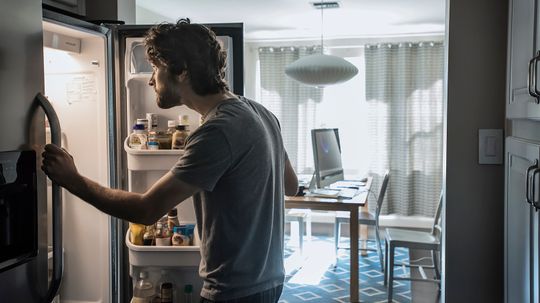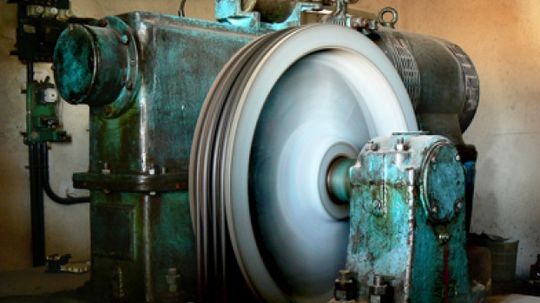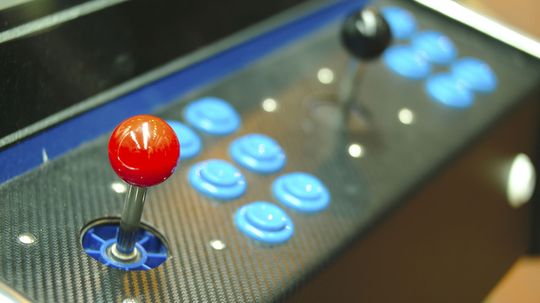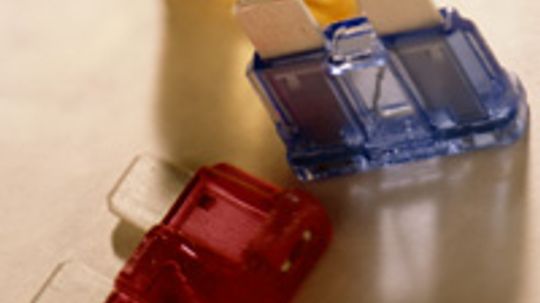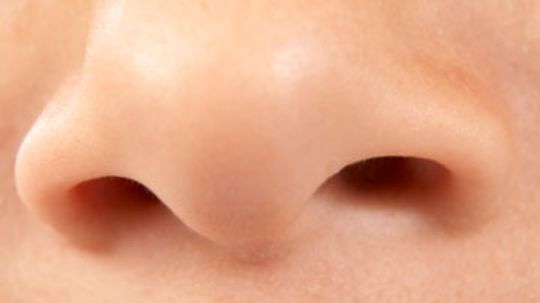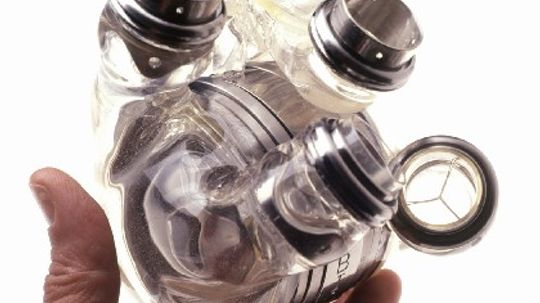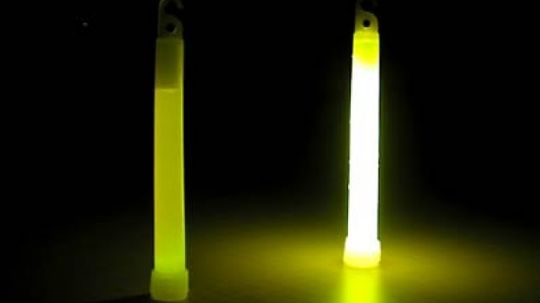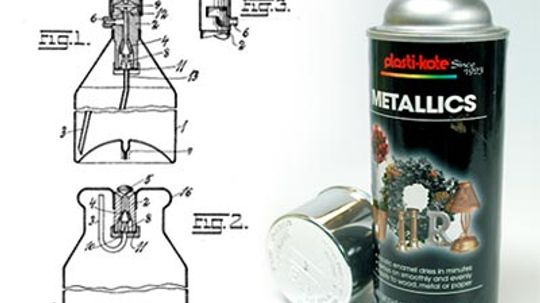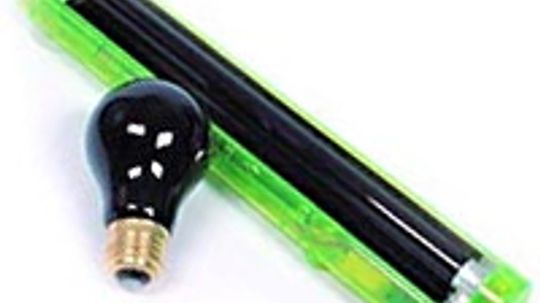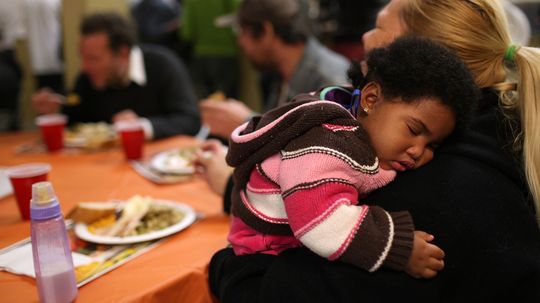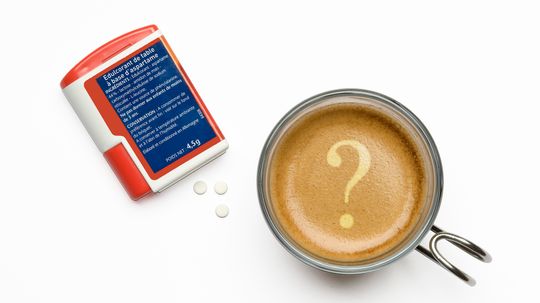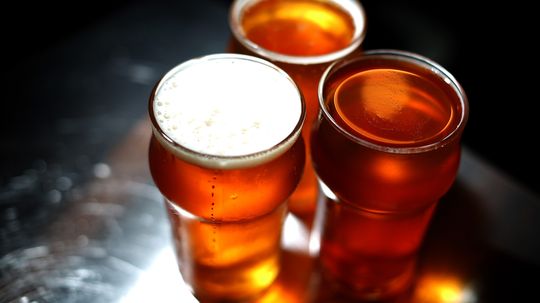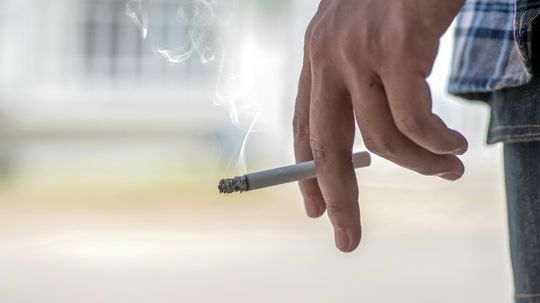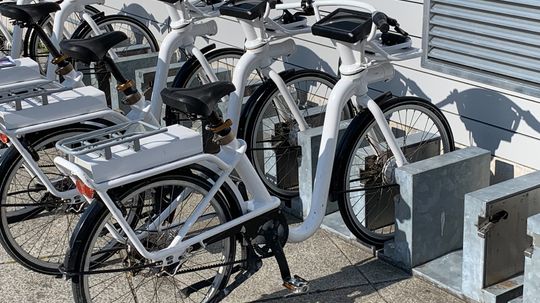Innovation
Do you know how common everyday items, such as mirrors, fireworks or sunglasses work? This collection of Innovation articles explores the workings of objects you may come into contact with on a regular basis.
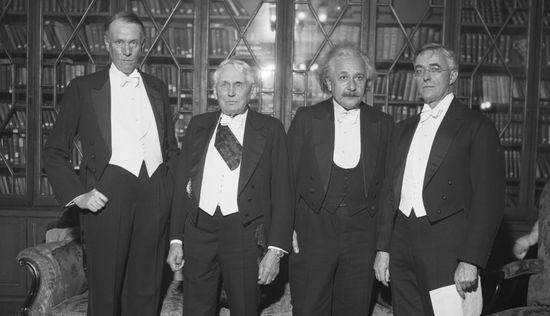
10 Nobel Laureates Whose Work Changed the World
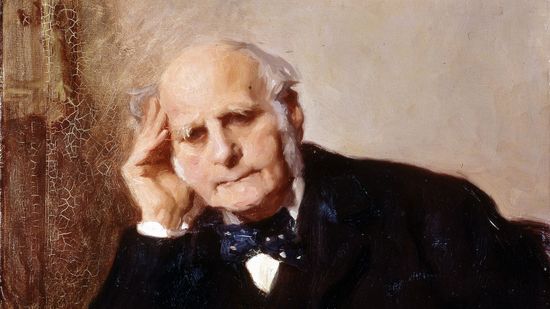
Eugenics Overshadows the Legacy of Scientific Genius Francis Galton
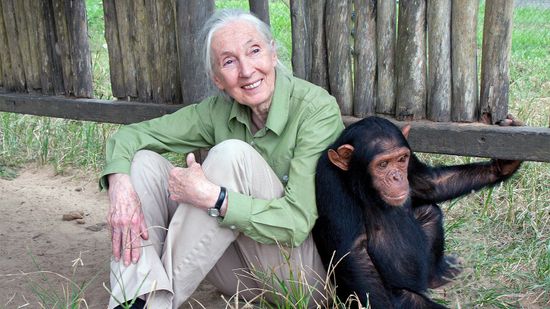
Jane Goodall: A Global Face for Global Peace
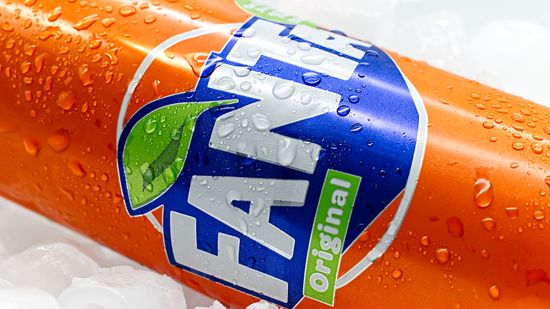
Who Made Fanta? Was It Really the Nazis' Favorite Soda?

'Mad Honey' Comes From Bees That Gather This Specific Nectar

Barrels and Barrels of Aged Beer

Who Invented the Toilet? A Brief History of the Flush

HowStuffWorks: How Porta Potties Work
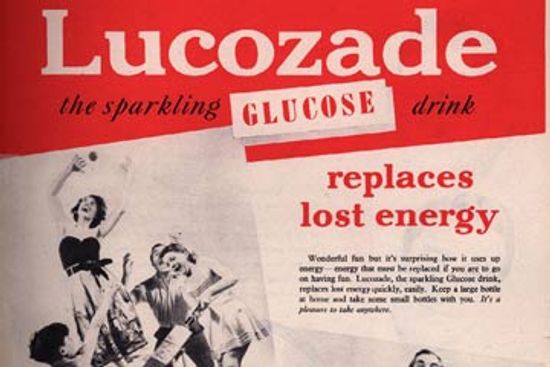
Who invented sports drinks?

Meet the Man Who Invented Cool Whip, Tang and Pop Rocks

Thomas Edison vs. Nikola Tesla Quiz
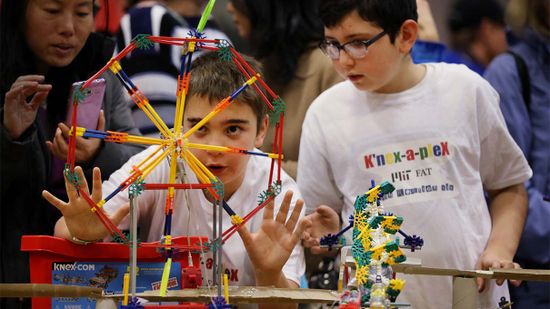
Rube Goldberg: The Man Behind the Ingenious Contraptions
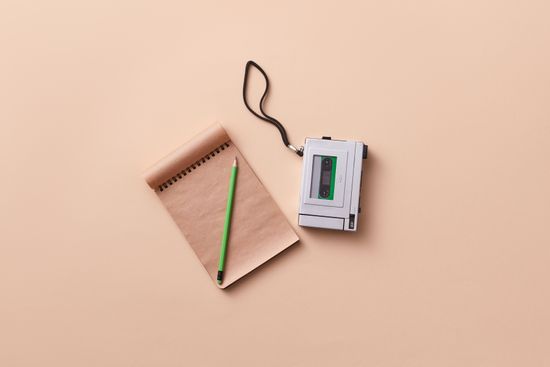
The Evolution of Dictaphones: A Comprehensive History
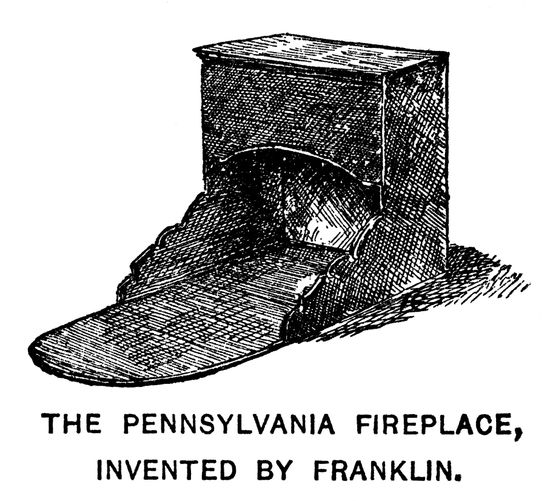
The Evolution of the Franklin Stove: From Invention to Modern Efficiency
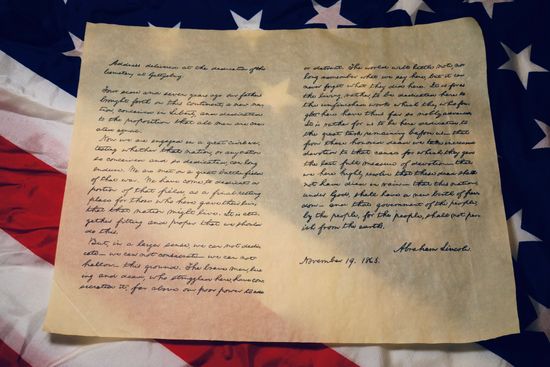
The Fascinating History of the Mimeograph Machine

5 Green NASA Inventions
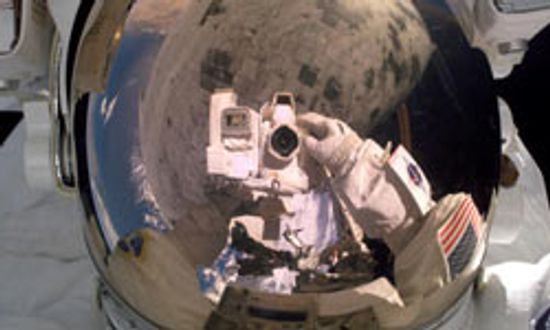
5 Types of NASA Technology in Your Attic

How Has NASA Improved Solar Energy?

How hard is the patent application process?

How to File a Patent
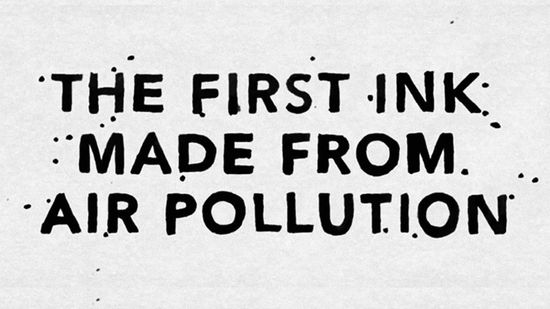
Turning Air Pollution Into Ink

10 New Uses for Old Inventions

How Do QR Codes Work? 2D Barcodes Explained
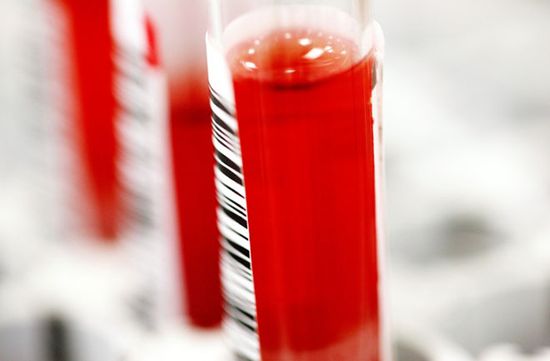
How can a bar code save your life?
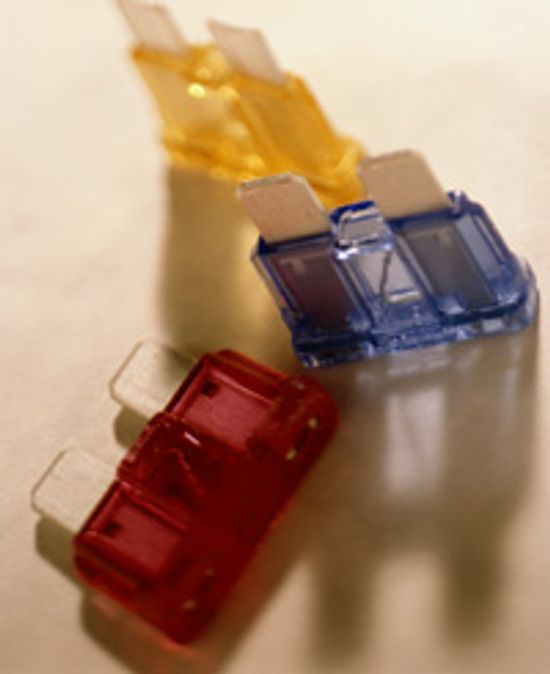
Is it possible to fix a blown fuse with a chewing gum wrapper?
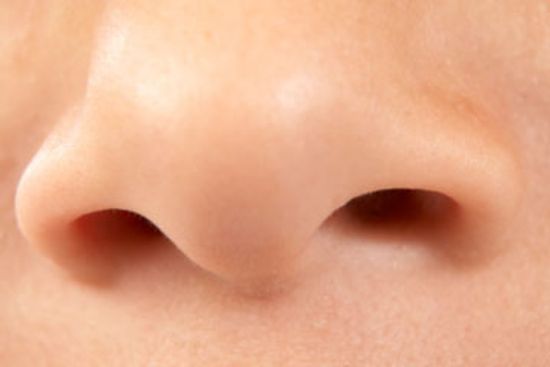
How do scratch-and-sniff stickers work?

10 Oddball Questions Scientists Have Genuinely Tried to Answer

Why does a balloon stick to hair?
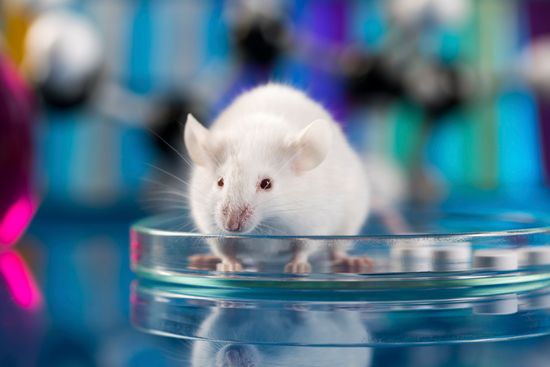
Why Do We Experiment on Mice?
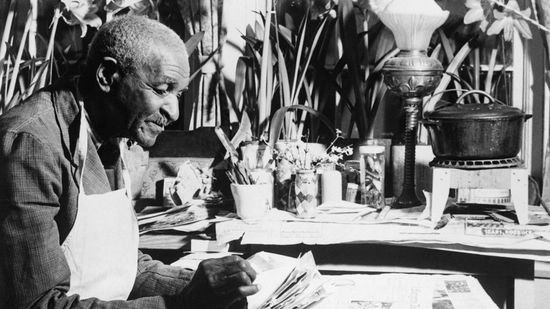
10 Black Scientists You Should Know
Learn More / Page 2
At one time, sharing files between computers meant carrying a box of punch cards from one machine to another. The Internet changed all that, but who's responsible for creating this network of networks?
The grocery bag you're carrying breaks, and the eggs inside splat across your driveway. Yep, unloading groceries can be tedious, but that's nothing compared to the days before refrigeration, so grab a cold beverage and learn who you have to thank.
Like so many other modern conveniences that we take for granted, the history of the elevator is more complicated than it may seem at first glance. Believe it or not, there's some controversy over who invented this commonplace contraption.
Advertisement
More than two-thirds of U.S. households play video games, according to the Entertainment Software Rating Board. Without the crazy ideas of a few pioneering folks, we might still be stuck playing marathon sessions of charades. So who do we have to thank?
We take X-rays so much for granted. We get them at the dentist's office and watch them while clearing luggage through security at the airport. But did you know they were discovered by accident?
By Josh Briggs
Before you hurriedly unwrap a stick of gum and twist the foil around the closest blown fuse, you may want to consider a few things. You could have a fixed fuse -- or a full-blown fire.
Better than buttons? Maybe. Less time-consuming than laces? Definitely. As far as fastening mechanisms go, the zipper is a work of art. Learn exactly what makes up a zipper and how it all fits together so perfectly.
By Tom Harris
Advertisement
How do scratch-and-sniff stickers work? What makes them last for years and years?
How does a ball point pen work?
You know that bumper sticker that says "Shoot your TV"? Click here to find out what would happen if you actually tried it (it's best to let us do the dirty work).
On July 2, 2001, heart failure patients gained new hope, as surgeons performed the first artificial heart transplant in nearly two decades. The AbioCor Implantable Replacement Heart is the first completely self-contained artificial heart and is expected to at least double the life expectancy of patients.
By Kevin Bonsor
Advertisement
You see light sticks everywhere during the holidays - especially Halloween. Have you ever wondered why these cool light sources glow? What's happening when you crack one? Take a look inside a light stick.
By Tom Harris
They dispense everything from hairspray to cleaning products to whipped cream. Without them, you'd be doing a whole lot of pumping.
By Tom Harris
Before digital cameras, you needed instant film to get instant pictures. With instant-film photography, you can watch the image slowly come together in a matter of minutes. While it seems like magic, the process relies on elements of science. Find ou
By Tom Harris
Black lights look like normal lights, but they do something completely different. Switch one on, and fingernails, laundry detergent, highlighters, money and teeth will glow in the dark. Find out what why.
By Tom Harris
Advertisement
Remember "astronaut ice cream"? That was freeze-dried. You can find freeze-dried spaghetti and meatballs and even omelets. Find out what "freeze-dried" means and how such a state is achieved.
By Tom Harris
If you've ever tasted a Krispy Kreme original glazed doughnut, you know there's something special to these melt-in-your-mouth treats. How do they make a doughnut that's crispy outside yet soft inside? Find out.
By Tom Harris
Sourdough bread tastes great, but have you ever thought about it as a technology??? Learn how this technology works!
It's Thanksgiving Day and your waistband is groaning after dinner. Some say that tryptophan, an amino acid found in turkey, is the reason you want a nap, but is that really true?
Advertisement
Have concerns about the effects of aspartame? Wonder if it can really make you go blind? Find out the answer to your questions in this article.
Stout, lager, pale ale, pilsner and porter ... it takes a lot to produce a great beer. Take a tour through the brewing process from start to finish, barley to bottle, mash to keg and learn to brew at home!
By Karim Nice
I have been smoking for 50 years and have always wondered why cigarettes have filter tips. I can remember when none of the cigarettes on the market had filters, and now nearly all of them do. Does the filter do anything?
How does chlorine work to clean swimming pools?
Advertisement
I live in California, where we are having a power crunch. I have a hypothetical question: Could I power my computer or my TV with a bicycle generator?
This stimulant drink comes from beans that are roasted and ground and, for many of us, it's a staple of life. But do you know where coffee grows and how it gets to America? How a French roast differs from an Italian roast? What a coffee cherry is? Or how decaffeinated coffee is made?
By Debra Beller

